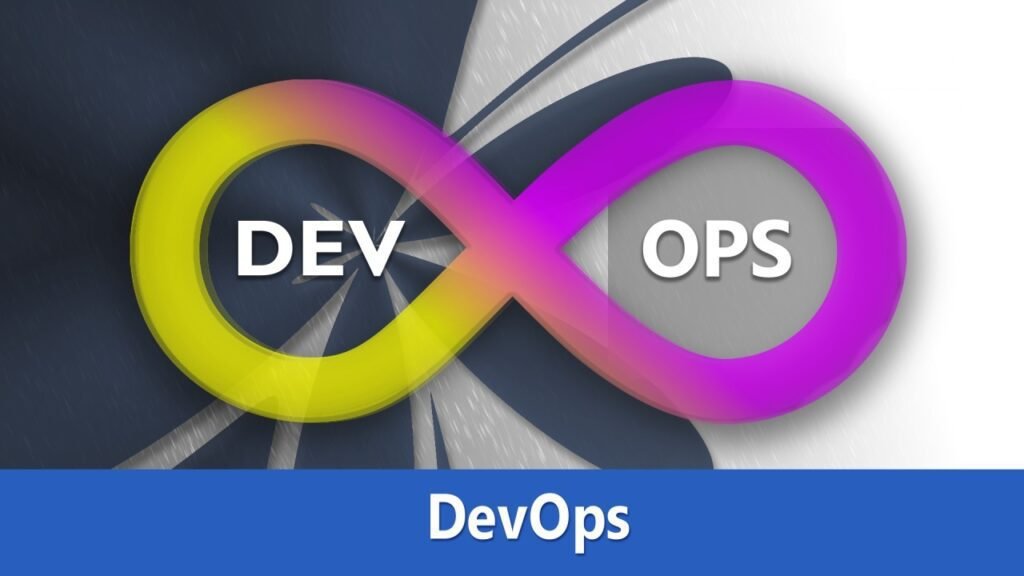Introduction
In the fast-paced world of software development, the integration of development (Dev) and operations (Ops) teams, known as DevOps, has become increasingly crucial. DevOps culture emphasizes collaboration, automation, and continuous improvement, aiming to enhance software delivery speed and quality. This article explores the essence of DevOps culture, its benefits, and how it is reshaping the interaction between development and operations in the tech industry.
Understanding DevOps Culture
The Genesis of DevOps
DevOps emerged as a response to the siloed nature of traditional software development and IT operations. It aims to break down these silos, fostering a culture of collaboration and shared responsibility for the entire software lifecycle.
Key Principles of DevOps
DevOps is built on several key principles:
- Collaboration and Communication: Encouraging open communication and collaboration between developers and operations teams.
- Automation: Automating repetitive tasks to increase efficiency and reduce the likelihood of human error.
- Continuous Integration and Continuous Delivery (CI/CD): Integrating code changes more frequently and ensuring reliable and fast software releases.
- Monitoring and Feedback: Continuously monitoring application performance and user feedback to inform future development.
The Impact of DevOps on Software Development and Operations
Faster Time-to-Market
By streamlining workflows and encouraging continuous integration and delivery, DevOps significantly reduces the time from development to deployment, enabling faster time-to-market for software products.
Improved Software Quality
Continuous testing and monitoring in the DevOps model lead to early detection and resolution of issues, resulting in improved software quality and user satisfaction.
Enhanced Operational Efficiency
DevOps practices like automation free up time and resources, allowing teams to focus on more strategic and creative tasks. This leads to enhanced operational efficiency and innovation.
Challenges in Implementing DevOps
Cultural Shift
Transitioning to a DevOps culture requires a significant mindset change, representing one of the key challenges in its implementation. This shift involves moving away from traditional hierarchical structures and siloed workflows toward a more collaborative and agile approach that fosters seamless collaboration between development, operations, and other relevant stakeholders.
- Silos and Resistance to Change:
- In traditional organizational structures, development, operations, and other teams often work in isolated silos. Breaking down these silos requires a cultural shift where teams collaborate more closely and share responsibilities. Resistance to change from team members accustomed to traditional workflows can impede the adoption of DevOps practices.
- Communication Barriers:
- DevOps emphasizes continuous communication and collaboration between development and operations teams. However, established communication barriers and lack of transparency can hinder effective collaboration. Overcoming these challenges requires implementing tools and practices that facilitate open communication and information sharing.
- Skill Set Evolution:
- DevOps demands a broader skill set from team members. Developers need to understand operational concerns, and operations staff must grasp development processes. This evolution in skill sets can be met with resistance or require additional training and upskilling efforts.
- Change in Organizational Structure:
- DevOps often challenges traditional organizational hierarchies. Adopting a culture of collaboration and shared responsibility may necessitate restructuring or redefining roles within the organization. This process can encounter resistance and requires careful management.
- Lack of Executive Support:
- Successful DevOps implementation requires strong support from executive leadership. Lack of understanding or buy-in from top-level management can impede the necessary cultural changes. Leadership should actively champion and promote a DevOps mindset throughout the organization.
- Security and Compliance Concerns:
- Integrating security measures into the DevOps pipeline can be challenging. Balancing the need for speed and agility with security and compliance requirements requires a cultural shift toward a “security as code” mindset and collaboration between security and development teams.
Addressing these cultural challenges involves not only implementing new tools and processes but also fostering a cultural transformation that values collaboration, transparency, and continuous improvement. Successful DevOps implementation hinges on overcoming these cultural barriers and creating an environment where teams work seamlessly toward common goals, accelerating software delivery and enhancing overall organizational agility.
Skillset and Training
Implementing DevOps practices often requires new skillsets. Continuous training and upskilling are necessary for teams to adapt to DevOps tools and methodologies.
Toolchain Integration
Integrating a coherent set of tools for development, testing, deployment, and monitoring is crucial in a DevOps environment. Finding the right set of tools that work well together can be challenging.
Future Trends in DevOps
DevSecOps: Integrating Security
DevSecOps is an emerging trend where security practices are integrated into the DevOps process. This approach ensures that security considerations are embedded from the outset, rather than being an afterthought.
AI and Machine Learning in DevOps
Artificial intelligence and machine learning are increasingly being used to predict potential issues, automate complex tasks, and optimize processes in DevOps workflows.
Cloud-Native DevOps
With the rise of cloud computing, DevOps is increasingly being aligned with cloud-native technologies like Kubernetes and serverless architectures, enhancing scalability and flexibility.
Conclusion
DevOps culture represents a paradigm shift in software development and operations, emphasizing collaboration, automation, and continuous improvement. By bridging the gap between development and operations teams, DevOps not only accelerates software delivery but also enhances product quality and operational efficiency. As the tech landscape continues to evolve, DevOps will remain a critical element, adapting and integrating new technologies and methodologies to meet the changing demands of software development and deployment.



